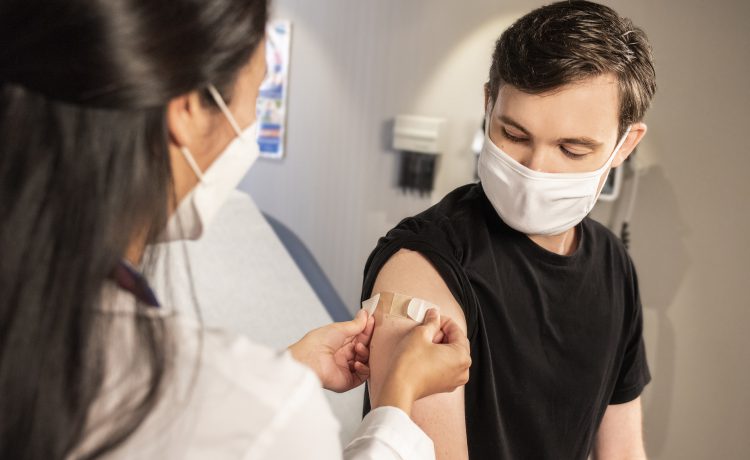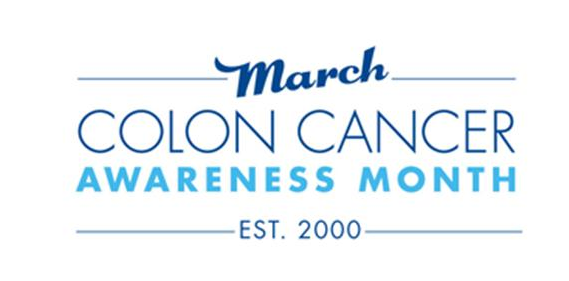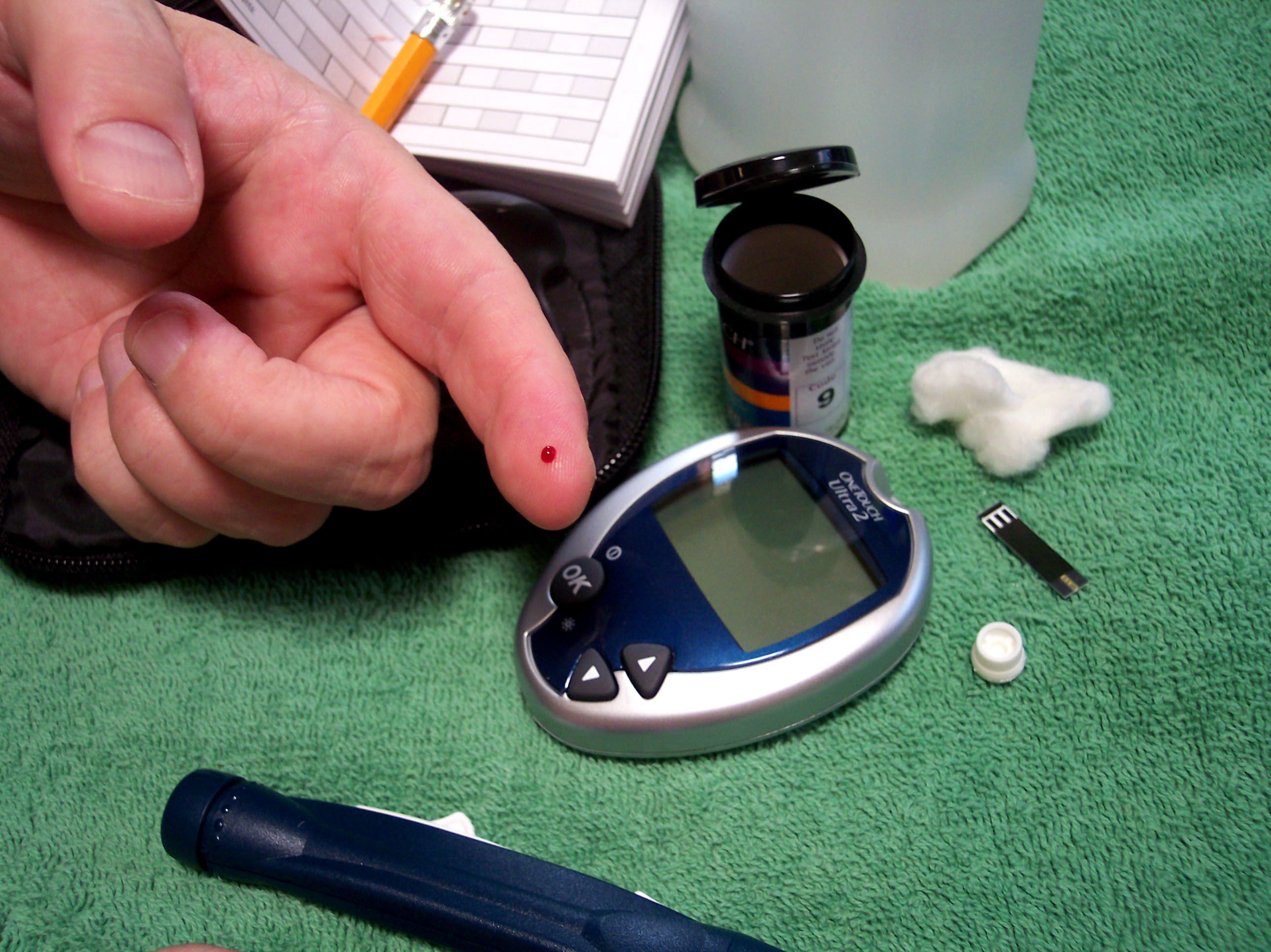August is National Immunization Awareness Month. Vaccines are a vital part of healthcare at all stages of life and offer the best protection available against many potentially devastating illnesses — especially COVID-19. The ultimate goal of protecting the world’s population from the COVID-19 pandemic can likely only be achievable through the equitable distribution of vaccines.
Vaccines have been a crucial part in developing children’s health for decades. The Centers for Disease Control and Prevention (CDC) encourages parents to follow an immunization schedule for babies and young children, protecting them from 14 life-affecting diseases. Pre-teens and teenagers should begin to inoculate against meningococcal diseases (meningitis or septicemia) and HPV (Human Papillomavirus, which can lead to cancer). Adults should continue to protect themselves with a yearly flu shot, tetanus updates, and later in life the shingles vaccine and the pneumonia vaccine.
An important element of immunization awareness is to protect our communities through “herd immunity” — when a high percentage of a population (between 70-90%) is vaccinated to protect individuals who have not developed an immunity. Babies are protected by their mother’s immune system at birth and continue to be passed antibodies through nursing; however, surrounding young children with people who have been vaccinated further protects them from serious diseases that they are too young to be vaccinated against. Some individuals may be allergic to certain vaccines, leaving them without the benefit of immunization and largely depending on herd immunity from the surrounding populations throughout their lives. Lastly, there are children and adults who are immunocompromised and have minimal immune response to vaccines and depend on those around them to not expose them to vaccine-preventable viruses.
No medicine can be considered 100% effective; the measles vaccine is 93-97% effective with one or two doses, respectively. Measles is so highly infectious that 90% of unvaccinated people who come close to an infected person will contract the virus. Being unvaccinated for infectious diseases is not only putting oneself in danger of serious illness and possibly death, but also the community at large.
The decline in vaccination rates is directly attributable to the mass spread of misinformation, historical amnesia, and toxic individualism that encourage people to reject expert advice or only follow it selectively. The prevailing myth pre-pandemic had been that vaccines cause autism and other developmental conditions, sparked by a 1998 paper by a doctor who has since been discredited and stripped of his clinical license. There have been dozens of studies that refute the association between vaccines and autism, but they have done little to quiet those who repeat lies and misinformation.
Besides conspiracies affecting people’s trust of vaccines, there are people who feel like vaccines violate their personal freedoms. This toxic individualism ignores the public health risks unvaccinated people pose — not only to other unvaccinated people, but to vaccinated people as well. The proliferating variants of COVID-19 are only possible because the virus is able to mutate among unvaccinated populations, and the evolving coronavirus has developed immune-evasion to the available MRNA vaccines (which protection naturally wanes over time) and previous infection. The flawed preference for immunity through infection carries with it the risk of long-term disabilities and death, and does not last as long as immunity granted by vaccines. People who are able to be vaccinated but refuse to do so (as opposed to those who are affected by inequality or lack of access) are making a choice morally equivalent to choosing to drive drunk. It is a selfish decision that affects much more than the individual choosing not to be vaccinated and puts the lives of those around them at risk.
Vaccine mandates have been used with great success in the United States, starting when General George Washington ordered his troops to be inoculated against smallpox during the Revolutionary War. The first vaccines mandated by a state was for Massachusetts schoolchildren in 1850, and they have been upheld by the Supreme Court since 1905. Today every state, Washington DC, and all U.S. territories have vaccination requirements for children to attend school and childcare facilities. State laws establish vaccination requirements as well as mechanisms for enforcement and rules for exemption. Opposition to COVID vaccine mandates are baseless attempts to reimagine American history including hundreds of years of public health policy, obfuscate responsibilities to our communities, and needlessly prolong the pandemic.
As the Biden administration plans to stop buying more COVID-19 vaccines in the coming weeks, any future vaccines/boosters required will need to be paid for by insurance or out-of-pocket for uninsured people. Any cost at all could dissuade financially vulnerable people from maximizing their protection from the novel coronavirus. As COVID vaccines and treatments have record-high demand and garnered massive profits, there is nothing stopping manufacturers from rising prices when the negotiating position moves from the federal government to the private sector.
Herd immunity for COVID-19 may never be achieved in the United States (due to the anti-vaccine movement and soon-to-be rising out-of-pocket costs) or globally (due to inequities in distribution of vaccines to low-resource nations). Fast-spreading immune-evasive variants have made herd immunity even more out of reach.
At the time of writing, everyone over 6 months old is eligible to be vaccinated free of charge; there may be a cost introduced in the coming months. There may be options for children to get vaccinated even if their parents don’t grant permission. Search online for your state’s requirements, area’s locations, and appointment availability.
For those in need of assistance, our database of free, low-cost, and sliding-scale clinics has information on over 8,800 clinics that offer immunization services. Search your ZIP code to find medical clinics near you that may offer free or low-cost immunizations. Pharmaceutical companies also offer Patient Assistance Programs (PAPs) such as Vaccine Patient Assistance Program. NeedyMeds also lists resources for those who have been impacted by COVID-19. Call our toll-free helpline for more information at 1-800-503-6897 Monday through Friday 9am through 5pm Eastern Time.





